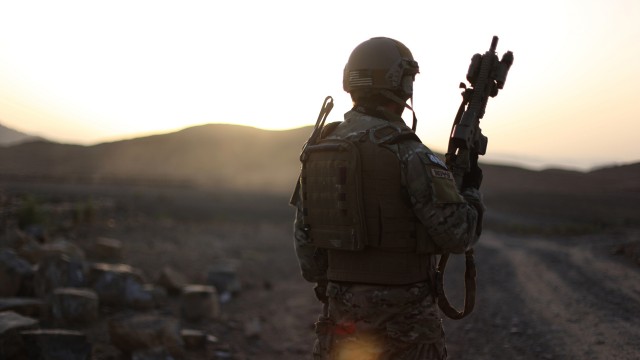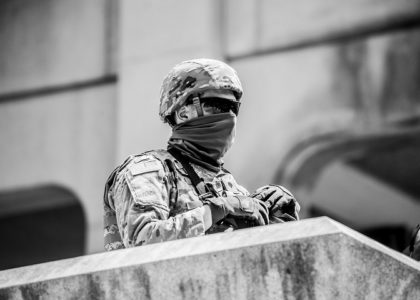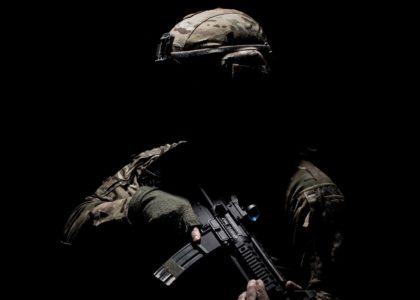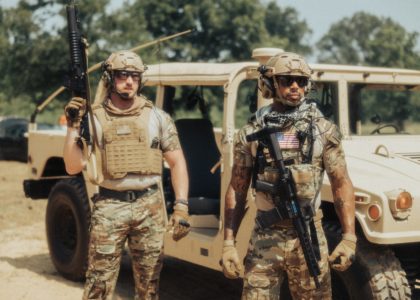As law enforcement professionals, military personnel, and security operatives, you already know the importance of having the right gear on the job. One of the most critical pieces of equipment you’ll ever use in the line of duty is a ballistic shield. A ballistic shield is designed to offer maximum protection against incoming bullets, debris, and other projectiles.
When it comes to ballistic shields, it’s essential to have confidence that the gear you’re using is up to the job. The NIJ (National Institute of Justice) is responsible for testing and setting standards for ballistic shields. In this blog, we’ll go over everything you need to know about NIJ testing standards for Level III Ballistic Shields.
What is NIJ?
The NIJ is a division of the Department of Justice (DOJ) that is responsible for setting national standards for criminal justice. The NIJ’s primary function is to help improve everything from policing practices to equipment standards and everything in between. The NIJ’s work is critical in ensuring that you have access to the best possible equipment to keep you and your team safe on the job.
What is Level III?
Level III is one of five ballistic armor classifications defined by the NIJ. Level III ballistic shields offer protection against most handgun rounds and some rifle rounds. NIJ level III shields are usually constructed of either ceramic plates or a strong composite material designed to withstand high-velocity impacts.
NIJ standard for Level III Ballistic Shields
NIJ Standard 0108.01 outlines the requirements for ballistic shields intended to protect law enforcement, military, and security personnel from high-speed ammunition. The standard requires the shield to protect against multiple rounds and must not deform or lose its protective qualities when exposed to temperatures ranging from -20 degrees Celsius to up to 60 degrees Celsius.
The standard also specifies that the shields have to be ensembled with a specific handle and must provide a clear view, which means the glass used must be transparent, and the frame must not interfere with the sight of the user. The shield has to be able to withstand drops, vibration, and impact without losing its protective capacity.
When it comes to choosing ballistic shields, NIJ testing standards are critical. The NIJ standard for Level III ballistic shields ensures that the equipment provides the necessary protection against multiple rounds and different types of ammunition. Choosing a shield that has passed all of its required NIJ tests should be a top concern for anyone whose job requires the use of such equipment.
Remember, the Level III ballistic shield is just one component of your overall equipment setup. Quality armor, helmets, and other protective gear also deserve careful consideration. Your safety and the safety of your team is paramount. Review all of the NIJ standards applicable for the equipment that you use and invest in the highest quality gear that meets them.
For more great articles, please click here.






Recent Comments